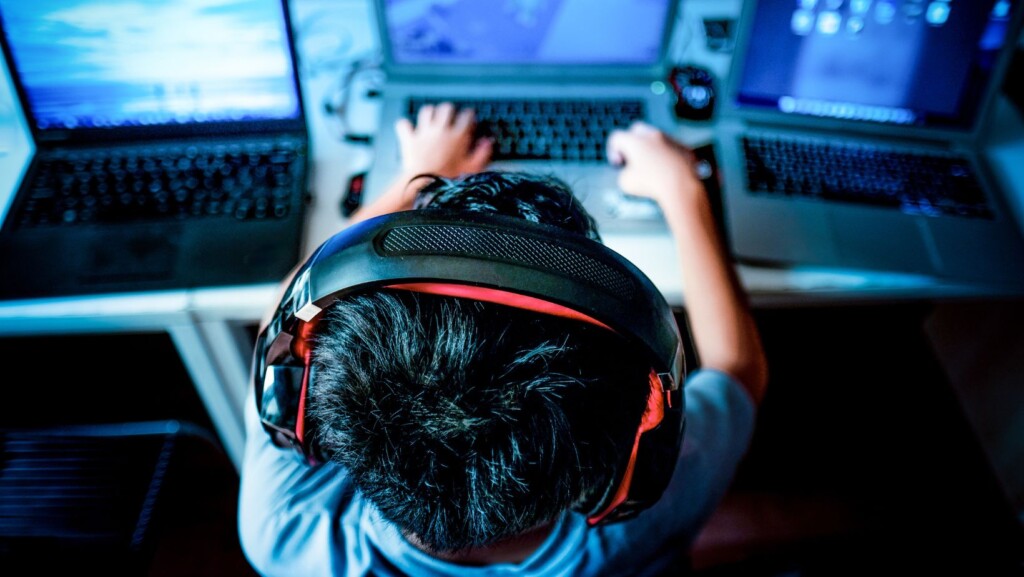Online gaming platforms have become an integral part of children’s digital lives, offering immersive worlds and social interaction. Among these platforms, Roblox has gained immense popularity, but it also brings significant safety concerns. The recent Roblox lawsuit highlights the risks children face in online gaming communities and the responsibility of platform providers to ensure safety. Parents, educators, and caregivers need to understand these dangers and take steps to protect young users while still allowing them to enjoy the benefits of online play.
Understanding the Risks
Online gaming communities provide children with the opportunity to play, socialize, and build creativity. However, these environments can expose them to serious risks. Inadequate moderation and safety measures make it possible for children to encounter inappropriate content, cyberbullying, and even predators posing as peers. Abusers often exploit chat features and private messaging to groom children, manipulating their trust and encouraging secrecy. The immersive and social nature of these games can make young players more vulnerable, as they may be unaware of the dangers lurking behind the screen.
Legal Actions and Accountability
The Roblox lawsuit serves as a critical tool in holding gaming platforms accountable for the safety of their users. Legal cases aim to address situations where companies fail to implement proper safeguards, moderation, and age verification. By pursuing legal accountability, affected families can seek compensation for harm suffered and push for stronger policies that protect children across digital platforms. These actions also raise public awareness about the responsibilities of online platforms to prioritize user safety over profit.
Role of Parents and Guardians
Parents and guardians play a vital role in mitigating the dangers of online gaming. Implementing parental controls and monitoring a child’s activities can significantly reduce exposure to harmful interactions. Open communication is equally important; children should feel comfortable discussing their online experiences without fear of punishment. Educating children about online safety, recognizing red flags, and setting clear boundaries for screen time are essential strategies for protecting them while still allowing recreational gaming.

Importance of Proactive Measures
While legal action and parental supervision are crucial, a broader approach is needed to safeguard children in online gaming communities. Governments and regulatory agencies must work with platform providers to enforce stricter safety protocols, including improved content moderation, reporting mechanisms, and user education programs. Schools and community organizations can also contribute by teaching digital literacy and online safety skills to children. Collectively, these proactive measures help reduce the risks associated with online gaming and ensure safer experiences for young users.
Conclusion
Online gaming communities offer tremendous benefits, including entertainment, creativity, and social interaction, but they also carry hidden dangers that can seriously impact children. The Roblox lawsuit emphasizes the need for both corporate accountability and active parental involvement. By combining legal advocacy, vigilant monitoring, and education about online risks, families can protect children from harm while allowing them to enjoy the digital worlds that have become a central part of modern childhood. Staying informed and proactive is the best defense against the hidden dangers of online gaming communities.